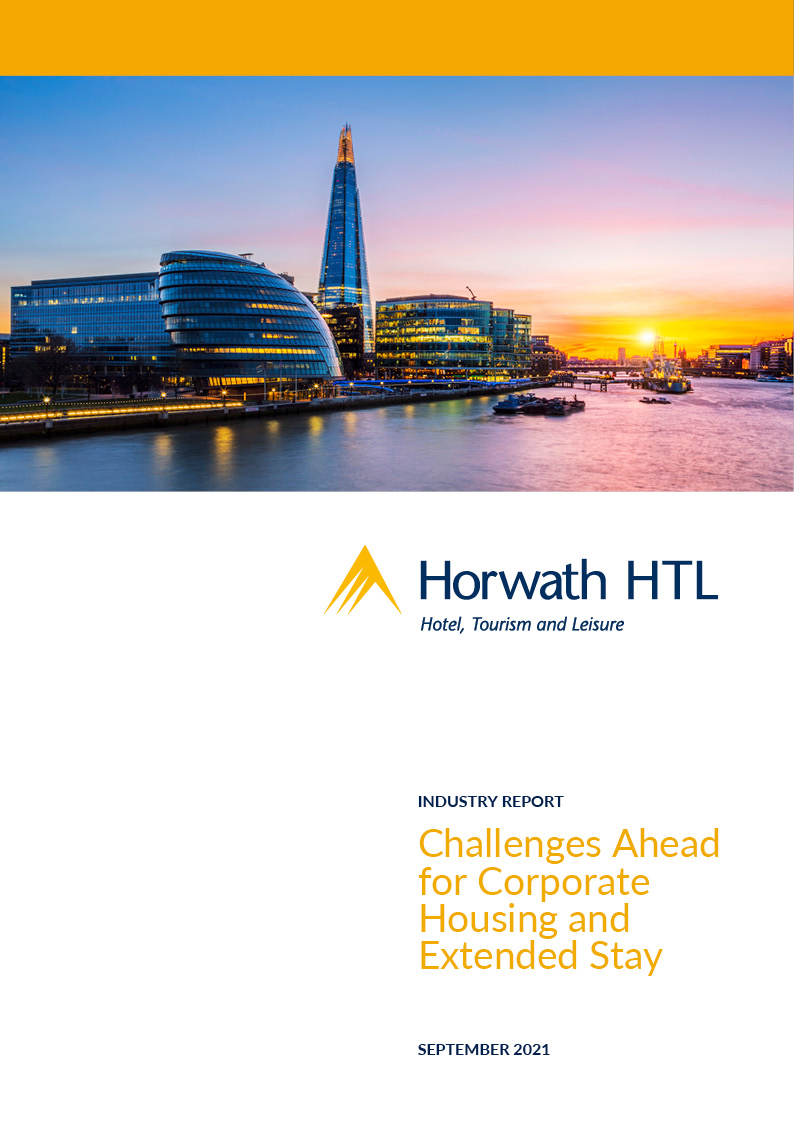
Report
Challenges Ahead for Corporate Housing and Extended Stay
As the hospitality industry emerges from the shadow of COVID-19, it faces a transformed landscape with both opportunities and challenges for the corporate housing and extended stay sectors. While these segments have generally outperformed traditional hotels in occupancy during the pandemic, several underlying issues may impact their future viability.
Key Factors Impacting Corporate Housing
Operational Costs and Competition:
- High operating leases and a limited demand profile pose significant challenges.
- Competition from newer concepts like aparthotels and co-living spaces, which are more efficient and adaptable, threatens traditional corporate housing models.
- Corporate housing must diversify its offerings and upgrade infrastructure to remain competitive in key markets.
Tourism and Business Travel Trends:
- Domestic tourism is rebounding strongly, aided by government incentives and a shift towards staycations. However, business travel recovery remains uncertain, with many executives and organizations predicting a slower return to pre-pandemic levels.
- The rise of hybrid working models and reduced need for office space suggest a long-term shift in business travel patterns, potentially decreasing demand for extended stay accommodations.
Brexit and Relocation Dynamics:
- Brexit has led to significant relocations of jobs and assets from the UK to other European cities like Dublin, Frankfurt, Paris, and Amsterdam.
- This trend, combined with the pandemic, has caused many expatriates to reassess their living situations, potentially reducing the demand for corporate housing in the UK.
Operational Adjustments and Financial Pressures
Pricing and Lease Agreements:
- Long-stay accommodation pricing has been under pressure, failing to keep pace with rising lease costs. This has led companies like Oakwood to pivot towards more flexible short-stay and aparthotel models.
- Many operators negotiated short-term rent reductions during the pandemic, but the sustainability of these concessions is questionable without a significant uptick in demand.
Corporate Housing Versus Aparthotels:
- Aparthotels offer greater flexibility and are better positioned to adapt to changing demand patterns, posing a competitive threat to traditional corporate housing.
- The future of corporate housing may involve greater diversification and a shift towards incorporating more flexible lease and management agreements.
Technological and Strategic Adaptations
Embracing Technology:
- The adoption of technology to streamline operations and enhance the guest experience is crucial. This includes implementing contactless tech and improving connectivity to other booking platforms.
- The industry has lagged behind in technological advancements compared to hotels and co-living spaces, necessitating a catch-up to remain competitive.
Collaboration and Government Support:
- The industry must collaborate with local governments and the broader hospitality sector to navigate upcoming changes and consolidate efforts.
- Engaging with initiatives like the United Nations’ Race to Zero campaign aligns with broader environmental and social governance goals, potentially influencing future business travel and accommodation decisions.
The corporate housing and extended stay sectors face a period of significant transition. While there will always be a need for these types of accommodations, operators must adapt to a changing landscape characterized by increased competition, evolving demand patterns, and economic pressures. Diversifying offerings, embracing technological advancements, and re-evaluating lease agreements will be critical to navigating these challenges and seizing new opportunities.
Download the report
For detailed charts, graphs, and further analysis, download the full report here




